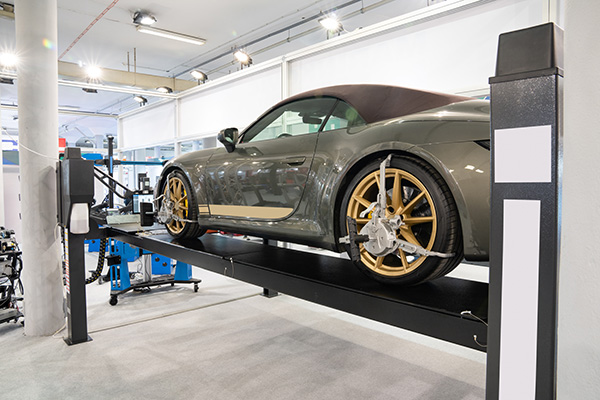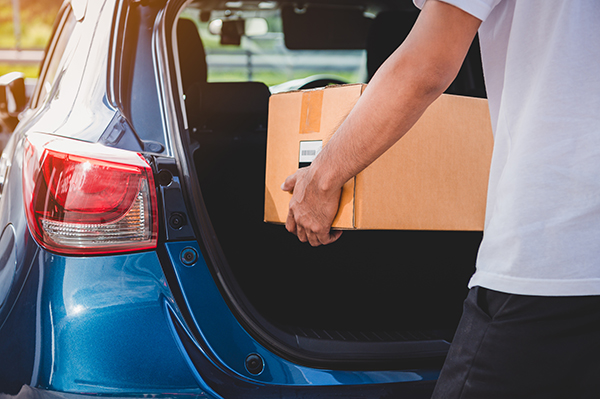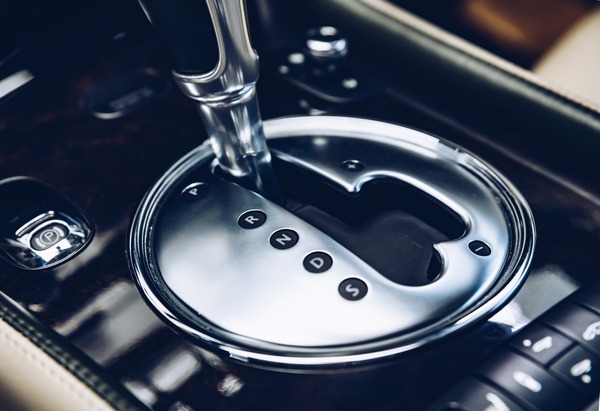Posted on 4/29/2024

Luxury cars are not merely vehicles; they represent sophistication, engineering prowess, and status. Driving a European luxury car is an unmatched experience, a statement of refined taste and elegance. Maintaining these automotive marvels demands more than routine service. But why do European performance cars necessitate specialized care? The Essence of European Luxury Cars European luxury cars display precision engineering, incorporating cutting-edge technology, superb craftsmanship, and unparalleled performance. From the sleek lines of a BMW to the opulent interiors of a Mercedes-Benz, each aspect is meticulously designed to offer a driving experience like no other. The fusion of power, comfort, and style sets these vehicles apart, attracting discerning drivers seeking the epitome of automotive excellence. Complexity Beyond Compare Unlike conventional vehic ... read more
Posted on 3/20/2024

Your vehicle's trunk space is a valuable asset, providing ample storage for groceries, luggage, sports equipment, and more. However, without proper organization and optimization, it's easy for clutter to accumulate, making it challenging to access items and compromising your driving experience. Fortunately, with a few simple tips and tricks, you can make the most out of your trunk space and ensure it remains tidy and functional at all times. 1. Invest in Trunk Organizers Trunk organizers are invaluable tools for maximizing storage space and keeping items neatly arranged. Consider investing in collapsible organizers with multiple compartments to separate and categorize belongings. This makes it easier to locate items quickly and prevents smaller items from rolling around or getting lost in the trunk. 2. Utilize Storage Bins and Boxes Large storage b ... read more
Posted on 2/28/2024

Are you a proud owner of a vehicle equipped with an automatic transmission? If so, you know that maintaining this crucial component is key to ensuring a smooth and reliable driving experience - but how can you achieve this? Adapting Driving Habits for Automatic Transmissions Your driving habits can significantly impact the health and longevity of your automatic transmission. By adopting mindful driving practices, you can reduce strain on the transmission and ensure smoother operation for years to come. Here's a guide to adapting your driving habits for optimal transmission maintenance: Avoid Sudden Accelerations Gradual acceleration allows the transmission to shift smoothly between gears, minimizing wear on internal components. Avoiding sudden bursts of acceleration benefits your transmission and promotes fuel efficiency and a smoother driving experience. Minimize Excessive Braking Frequent and abrupt braking can strain the transmission, particularly during stop-and-go ... read more
Posted on 1/31/2024
.jpeg)
In today's environmentally-conscious world, reducing emissions and saving on fuel are not just trends; they are essential practices for sustainable living and responsible driving. Surprisingly, the journey to lower emissions often begins with something as simple as choosing the right engine oil. Proper engine oil ensures smoother engine performance and longevity, directly impacting fuel efficiency and emissions. Regular Vehicle Maintenance: A Key to Efficiency Consistent maintenance is crucial for keeping your car in optimal condition. This includes regular advice - oil changes, air filter replacements, and spark plug checks. A well-maintained engine runs more efficiently, burns fuel more effectively, and consequently emits fewer pollutants. Don't overlook these routine checks; they are fundamental in your quest to lower emissions. Smart & Safe Driv ... read more
Posted on 12/15/2023
.jpeg)
Let's face it, car shopping can feel like wading through a jungle of high prices and bewildering choices, especially when hunting for an SUV that won't leave your wallet in despair. In the European market, the land of sleek supercars and refined tastes, there lies a hero for the frugal, wise, and SUV lovers - the Volkswagen Tiguan, which doesn't skimp on quality while being very budget-friendly. Affordability and Functionality The quest to find a wallet-friendly yet reliable SUV may lead many Americans to overlook European models due to the stigma of high costs typically associated with cars from across the pond. However, amidst luxury behemoths, there stands a humble giant - a model synonymous with both thriftiness and competency. Europeans have been producing some brilliant contenders that boast economic fuel consumption rates, practical interior spac ... read more